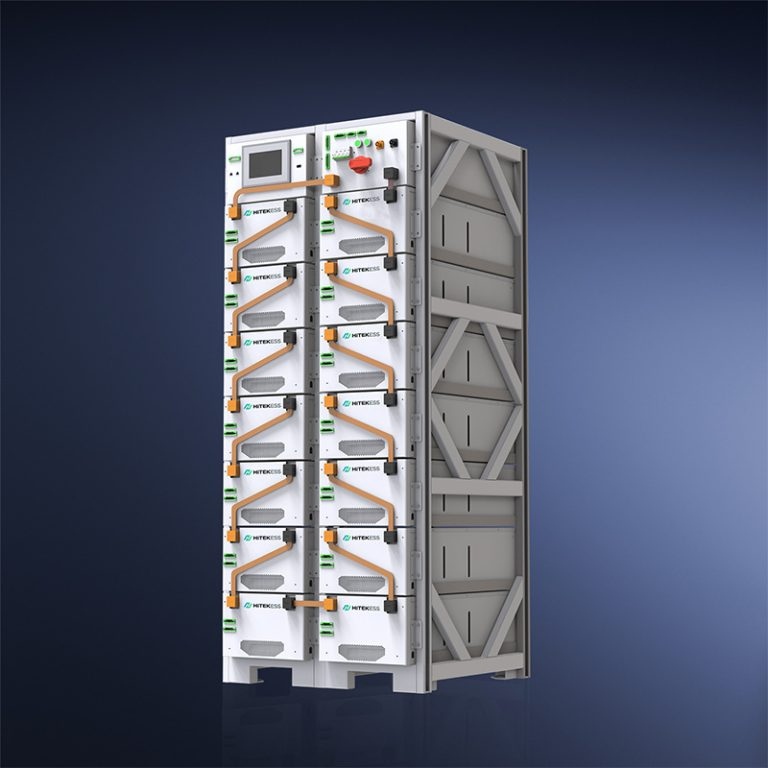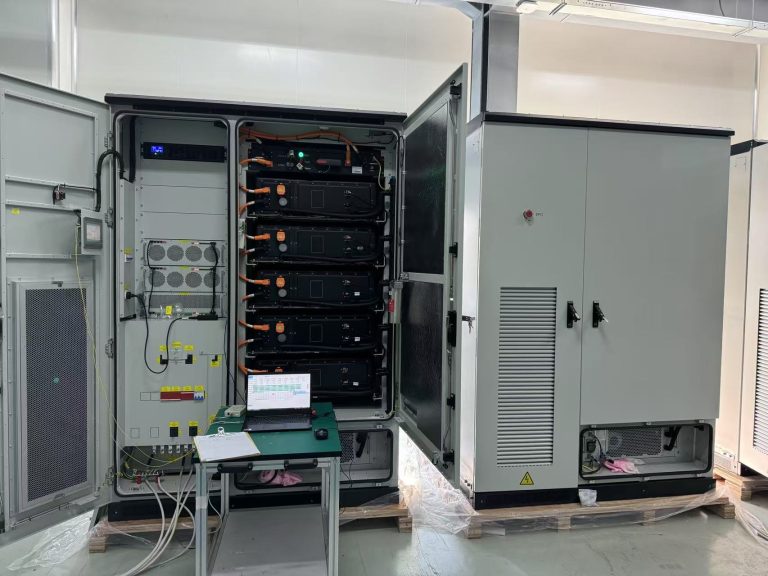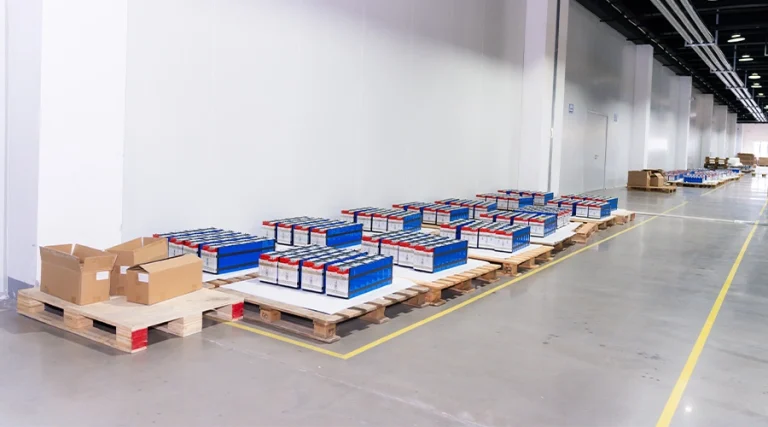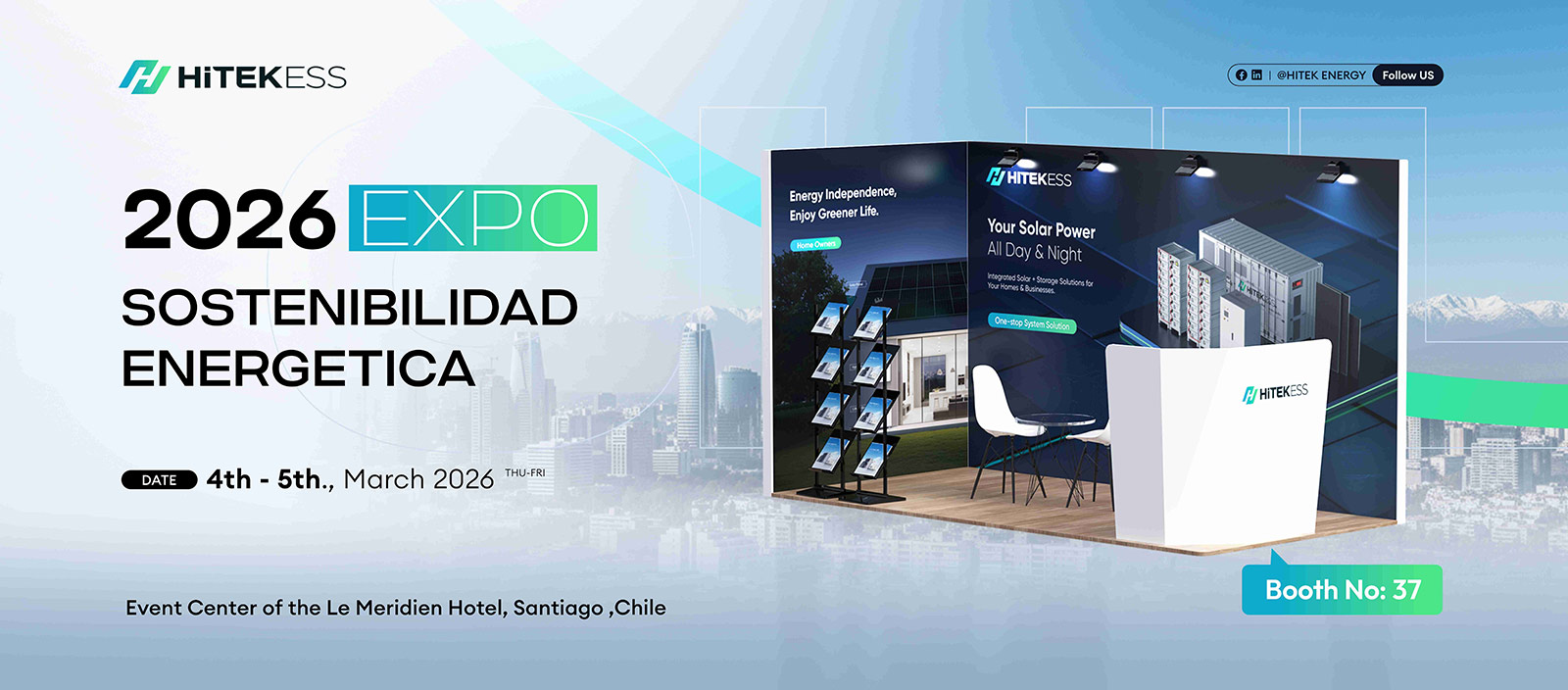As business solar energy use grows quickly, picking the right power storage becomes very important. This choice affects how well the system works, how much money it costs, and how reliably it runs over many years. Lithium-ion and lead-acid batteries are two common choices for storing energy. But they work quite differently in important ways. These include how efficient they are, their total value over time, how easy they are to expand, and their effect on nature. This detailed guide compares both types. It helps people involved in business solar projects make smart choices.
What Are the Key Performance Differences Between Lithium and Lead Acid Batteries?
When judging power storage choices for business solar setups, we must look at important measures. These include energy compactness, efficiency, and how deeply you can safely use the stored power.
Energy Density and Storage Capacity Comparison
Lithium-ion units hold more power in less room than lead-acid ones. This great space efficiency makes lithium options perfect where space is limited. These power units pack much energy tightly without needing much area.
Charge and Discharge Efficiency Analysis
Solar setups using lithium-ion cells operate more effectively. They save and use more power created by your sun panels. On the other hand, lead-acid units usually have stronger internal resistance and poorer round-trip efficiency. This means more energy gets wasted as heat during charging and discharging.
Depth of Discharge and Usable Capacity Metrics
Lithium-ion cells can safely give up to 80–90% of their stored power without wearing out much. Lead-acid units usually stop at about 50% safe usage to live longer. This big difference means lithium setups give more usable power for each stored kilowatt-hour.
HITEK ENERGY CO.,LTD concludes:
While both types store energy, lithium’s better space use, higher effectiveness, and greater safe usage give clear benefits. They help get the most power from business solar systems.
How Do Lithium Batteries Improve Lifecycle Value in Commercial Solar Applications?
Looking beyond starting costs is vital. Understanding total value over years matters greatly for returns on business solar investments.
Cycle Life and Long-Term Cost Implications
These power units last through more charging cycles than lead-acid ones. Their longer service life cuts how often they need replacing. This lowers total spending per power cycle over time.
Maintenance Requirements and Operational Downtime
Unlike lead-acid solar power storage, lithium-ion sun batteries need almost no upkeep. Lead-acid systems demand regular fluid checks and balancing charges. These jobs add labor expenses and might cause system stops.
Total Cost of Ownership Over System Lifetime
Lithium-ion costs more at first but lasts much longer. Its low care needs lead to smaller total ownership costs over its full life. Being maintenance-free makes it cheaper than other choices eventually.
HITEK ENERGY CO.,LTD concludes:
The mix of extended service life, fewer upkeep demands, and reduced total costs makes lithium better economically. This is especially true for large business projects.
Why Is Battery Management Critical in Commercial Solar Systems?
Power unit control is key for safety, best performance, and protecting assets.
Role of Battery Management Systems (BMS) in Lithium Technology
Lithium-ion setups come with built-in BMS tools. These actively watch cell voltage, heat levels, charge cycles, and health condition. This prevents unexpected failures.
Monitoring, Safety, and Performance Optimization Features
Modern BMS tools include heat control methods, instant problem spotting, and remote watching abilities. All these help safer running under changing power demands.
Limitations of Lead Acid Battery Management Capabilities
Lead-acid setups lack smart BMS functions. If choosing lead-acid, you must buy separate charge controllers as basic management tools. These add-ons give weaker protection than built-in lithium solutions.
HITEK ENERGY CO.,LTD concludes:
Lithium’s modern BMS abilities offer unbeatable safety and running control. These key benefits are things older lead-acid technologies simply cannot match.
In What Ways Do Environmental Conditions Affect Battery Performance?
Weather toughness matters greatly for outdoor or industrial sun setups facing different seasons.
Temperature Tolerance Ranges for Lithium vs. Lead Acid
Lithium-ion units work better across wider heat ranges. Their temperature control systems help avoid problems from extreme hot or cold weather. Such issues often harm lead-acid units.
Impact on Charging Behavior and System Reliability
Lead-acid charging slows badly in cold conditions. However, these [lithium] power units charge much faster than lead-acid ones. They keep better working rates during shifting weather.
Space and Weight Considerations for Commercial Installations
Lithium-ion batteries fit in garages or even hang on walls. This gives flexible placement choices compared to heavy lead-acid groups. Those need strong storage boxes or special air flow systems.
HITEK ENERGY CO.,LTD concludes:
For companies working in varied weather or tight spaces, lithium’s small size and climate strength offer sturdy setup flexibility.
How Do Installation and Scalability Compare Between the Two Technologies?
Ease of growth decides how well storage can match rising power needs over time.
Flexibility in System Design with Lithium Solutions
Lithium parts are naturally modular. This makes adding capacity easy without full redesigns or more floor space.
Challenges of Scaling Lead Acid Systems for Large-Scale Use
Lead-acid groups need much more room as size increases. Also, balancing multiple chains gets hard. This happens because cell voltages change unevenly over time.
Integration with Modern Solar Inverters and Smart Grids
Lithium-ion storage connects smoothly with smart grid systems. It uses digital links like CANbus or Modbus. This allows instant talk with modern power converters.
HITEK ENERGY CO.,LTD concludes:
The modular design and digital friendliness of lithium setups make growth simpler. They also fit well with tomorrow’s grid systems.
What Are the Sustainability and Environmental Impacts?
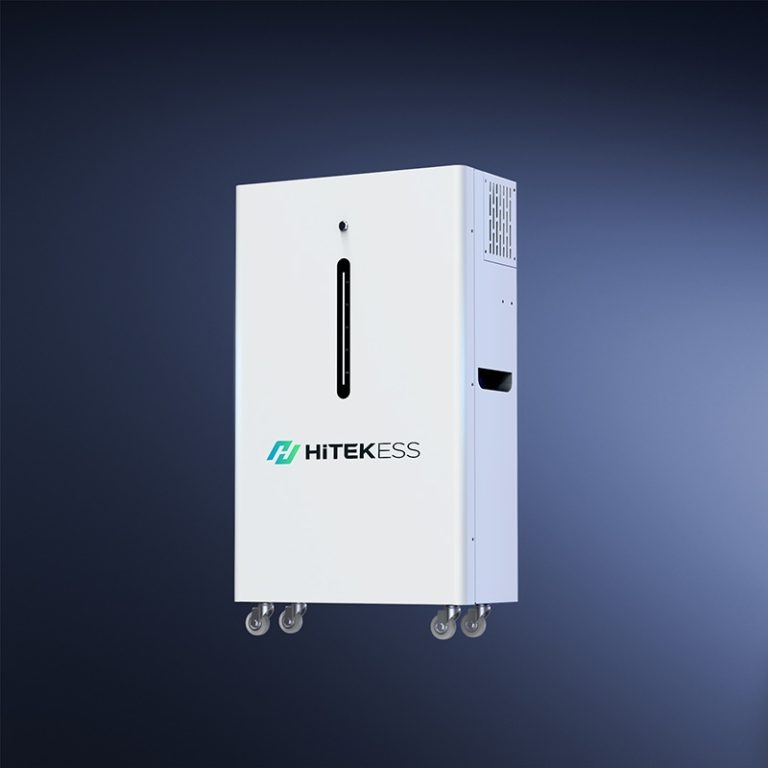
Nature responsibility now matters more for company green goals within renewable power plans.
Recycling Processes for Lithium vs. Lead Acid Batteries
Both kinds can be recycled, but lead-acid has established recycling paths. However, it brings bigger nature dangers from poisonous stuff. New lithium recycling ways are improving fast as demand rises.
Carbon Footprint Across the Lifecycle
Setting up sun panels lowers carbon output well. Yet adding a sun power unit often more than doubles this carbon drop.
Regulatory Compliance and Hazardous Material Handling
Lead acid brings harder rule challenges due to risky acid handling needs. Lithium-ion has cleaner chemical makeup. This matches current nature care standards better.
HITEK ENERGY CO.,LTD concludes:
From carbon cutting power to safer end-of-life paths—lithium supports greener actions across the entire product journey.
Who Is HITEK ENERGY CO., LTD. and Why Choose Them as a Lithium Battery Manufacturer?
Picking a skilled provider boosts system trustworthiness. This happens through quality steps at each phase—from planning to after-sale help.
Overview of HITEK ENERGY CO., LTD.’s Product Portfolio
HITEK ENERGY CO., LTD. focuses on advanced lithium power solutions made for business-scale sun uses. They serve industrial areas worldwide.
Commitment to Quality, Innovation, and After-Sales Support
Backed by strict research spending and global certificates, HITEK provides top-performing goods. These come with quick technical help teams everywhere.
Proven Track Record in Commercial Solar Projects Worldwide
HITEK’s past work includes good setups across Europe and Asia-Pacific zones. This shows they capably handle growing project sizes under mixed market situations.
Conclusion
For business groups wanting the best investment returns from renewables, lithium power storage shows the smartest path. It leads to efficient keeping, improved operation, and lasting nature care. Whether updating old setups or creating new smart-grid-ready buildings, the gains clearly favor current lithium answers over older lead-acid choices.
Frequently Asked Questions (FAQs)
What makes lithium batteries more suitable for commercial solar systems than lead acid?
Sun-use lithium-ion units bring many pluses making them better than other sun power storage. These include great space efficiency, longer working life, speedier charging, and almost no upkeep. All these matter greatly for business uses needing years of trusty service.
Can lithium batteries be retrofitted into existing lead acid-based solar systems?
Yes. With matching charge controllers or hybrid converters handling multiple types, lithium parts can swap old lead-acid ones. This improves system operation without full rebuilds.
Are lithium batteries safe for use in large-scale solar installations?
Completely. Current BMS-equipped lithium setups offer strong safety parts. These cover overcurrent prevention, heat management, and error finding. This makes them fit well for very important business places
